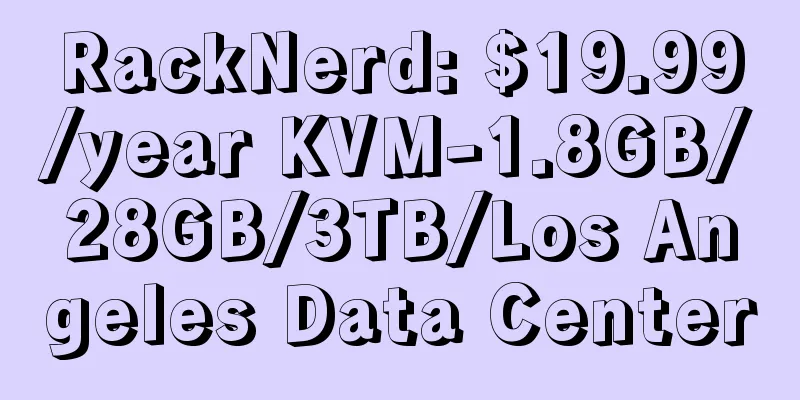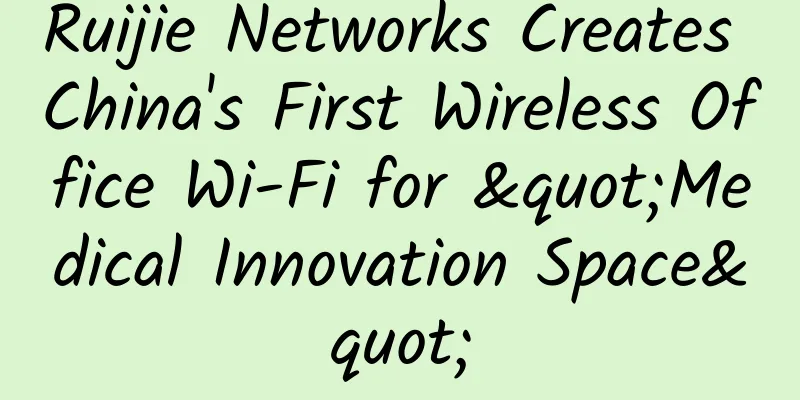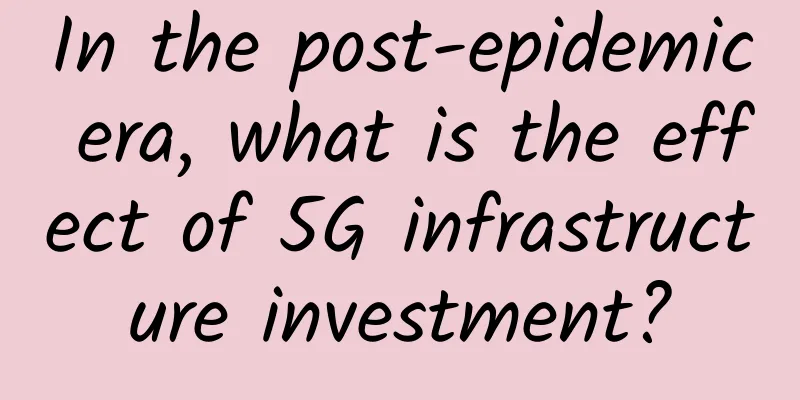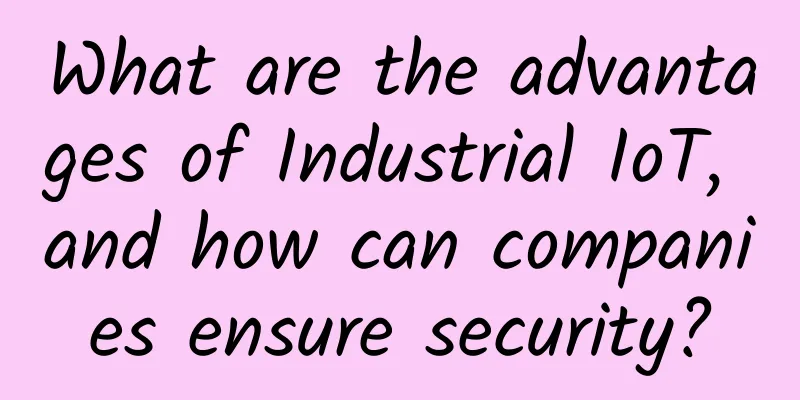Main title: Why Huawei can be a pioneer in breaking the Android long-term card curse
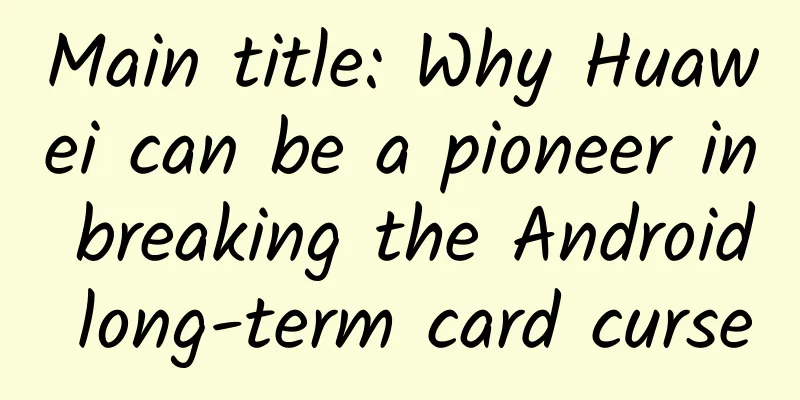
|
Last week, British technology blogger SuperSaf reviewed the Huawei P20 Pro and iPhone X in terms of application startup speed and memory management. According to the evaluation results, the Huawei P20 Pro outperformed the iPhone X in both aspects. This means that Android has surpassed Apple in terms of smooth experience and broken the curse of lag. In fact, in addition to Huawei, many manufacturers have also spent a lot of effort to solve the problem of lag, but why was Huawei the first to solve it? Subtitle 1: The technological gap behind lag The most common criticism of Android is that it becomes slow after long use. A new phone is fast when you buy it, but it may become noticeably slow within a year, or even within just a few months, to the point where you question your life. The reason is not complicated. Because there are more and more applications in the mobile phone, WeChat, Weibo, video, shopping and other applications, which occupy a large amount of mobile phone resources for a long time. When we open an application, it takes a long time to allocate system resources, and then there will be a sense of lag. Especially for low-end and mid-range phones, the CPU, memory and other system resources are not much. When there are too many applications, the phone cannot bear the burden and the lag becomes more obvious. Once the phone is restored to factory status, the smoothness is back.
Therefore, starting from version 4.0, Android has been continuously improving the fluency of the system, optimizing the underlying system structure, resource calling strategies, etc. The latest version of Android 8.1 has greatly improved the fluency experience. However, due to the openness and fragmentation of Android, even for the latest models, many manufacturers still stay at 7.0. Therefore, the problem of Android not being smooth enough and getting stuck after long-term use has always been a concern for Android users. In various communication forums, one can often see users urging manufacturers to upgrade the system. In contrast, Apple's hardware and software strategies are relatively closed. Once the system is upgraded and released, all users around the world can update and get a new experience in just a few weeks. This is Apple's core competitiveness and a gap that Android manufacturers have been unable to cross for a long time. Subtitle 2: Say goodbye to lag, EMUI 8's high-tech Not lagging has become a competition for many manufacturers to show off their strength. Compared with other brands, as the leader in the Android camp, they are extremely active in this regard. After all, experience is the core competitiveness of mobile phones to gain user reputation. In the past, many mobile phone manufacturers avoided talking about the problem of lag, but Huawei has put this issue on the table since the Mate 9, and has offered the banner of "no lag for 18 months". In addition, the Mate 9 and other new models have achieved the promise of "naturally fast" and no lag after long-term use. But what makes people curious is what efforts Huawei has made behind the no lag? First, according to research reports from IDC, GFK, etc., Huawei is currently the largest domestic mobile phone brand in terms of market share, and second only to Samsung and Apple in the world. Huawei has enough say in the Android ecosystem and can maintain close cooperation with Google to quickly update the system. For example, EMUI5.0 is the first mobile phone ROM in China that is deeply optimized based on the Android7.0 system. Currently, Huawei's EMUI8 is the ROM that responds fastest to Android8.0 and 8.1 upgrades. Huawei has almost achieved synchronous upgrades with the native Android system. In a recent third-party test, the P20 Pro beat the iPhone X in terms of smoothness, but the native system is not enough for Huawei to achieve this. Most importantly, the P20Pro is equipped with EMUI8.1 system that supports Ultra Memory technology. With the help of AI, it can effectively compress the memory space occupied by background programs, ensuring that multi-task background can also run smoothly. In addition, it actively learns the user's usage habits, and various daily APPs are intelligently allocated to achieve fast startup, and provide a priority memory supply for the current APP, so that users can feel smoothness. Therefore, the speed of launching and switching applications on Huawei P20 Pro is much faster than that on iPhone, and its memory management efficiency is undoubtedly much better. Sub-label 3: The smooth combination of software and hardware is not exclusive to flagship phones EMUI 8 is deeply customized from Android 8, and it immediately follows up after the native system upgrades a minor version. Therefore, the actual experience is far better than the native system. More importantly, it also maintains consistent fluency on mid- and low-end models. Huawei's latest Y6, Y7, and Y9 models use EMUI 8.0 and an octa-core chip to fully leverage the advantages of hardware and software technology, finely schedule the CPU, and make the best use of it. At the same time, machine learning is used to achieve functions such as intelligent perception, intelligently learn user usage habits, and guarantee operating space in advance, allowing users to experience a smooth user experience. |
<<: The most worth buying mobile phone in the world, British media: Huawei P20 Pro!
Recommend
Ministry of Industry and Information Technology: Promote 5G application innovation in the field of industrial Internet
On June 8, the Ministry of Industry and Informati...
AkkoCloud Germany/UK CN2 GIA replenishment annual payment starts from 299 yuan, 300-600M bandwidth
AkkoCloud is a merchant that mainly provides VPS ...
Kaspersky Managed Detection and Response Service receives top rating in Garter Peer Insights
Kaspersky’s Kaspersky Managed Detection and Respo...
How should building owners prepare for 5G?
[[347744]] Few technologies have been in the spot...
HostKvm April Promotion: 20% off on all VPS hosts, starting from $5.2/month in Hong Kong/Los Angeles data centers
HostKvm is a foreign hosting service provider fou...
Popular Science on 5G Technology and Standards You Must Know
In 2017, the application of 5G technology has bec...
In the DT era, what is the trend of data center cabling?
As enterprises realize that structured cabling is...
SpringCloud Alibaba Microservices Practice: Gateway Authorization VS Microservices Authorization
[[386274]] This article is reprinted from the WeC...
After the fourth retail revolution, three experts from WOT tell you what real smart retail is!
[51CTO.com original article] On June 21, the WOT2...
Knowledge Popularization | 7 Deployment Solutions for 5G Private Networks
[[315546]] What is 5G private network? 5G private...
Remote holographic presentation is the development direction in the 5G era, and AR/VR hardware has entered a period of quantitative change
"Holographic telepresence is expected to bec...
Three approaches to Bluetooth low energy development
Ask any IoT vendor what makes their product excit...
Threat attacks targeting home routers increased fivefold
In the first quarter of 2018, the number of cyber...
Ruishu's next-generation WAF-WAAP platform has three major engines that fully upgrade application security protection
In recent years, web applications have become the...
CMIVPS offers 10% off on Seattle high-security VPS, AS4837 line optimization starting at $6.1/month
CMIVPS recently launched a new VPS host in the US...

